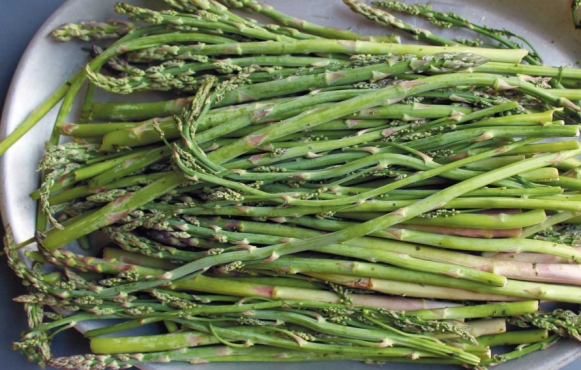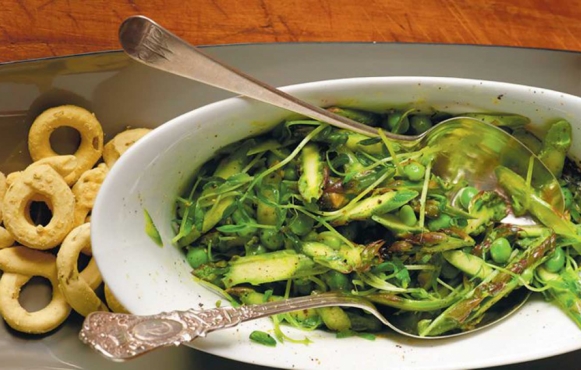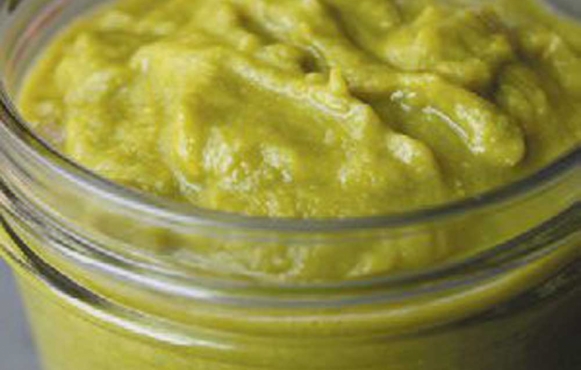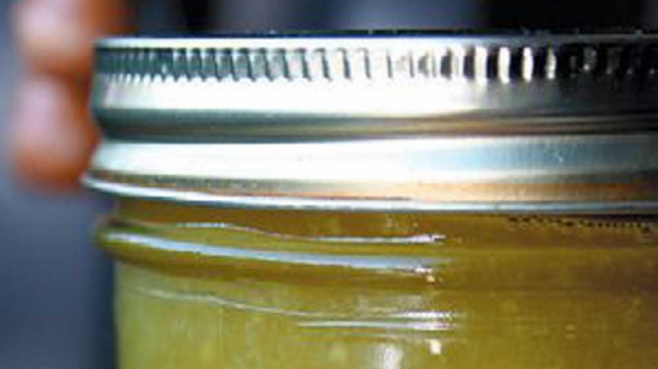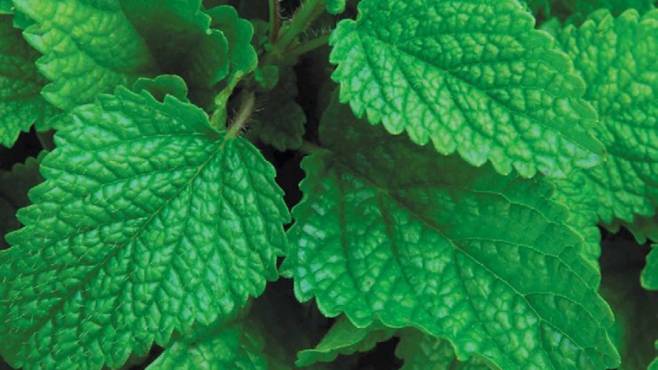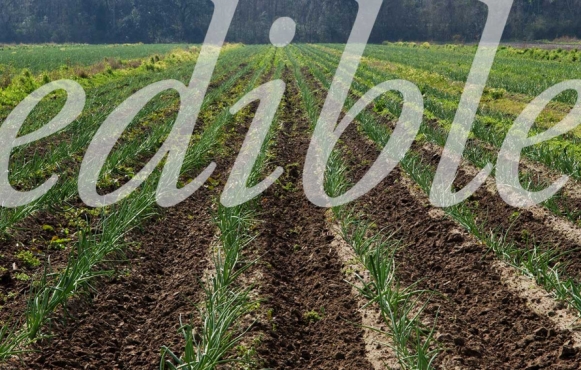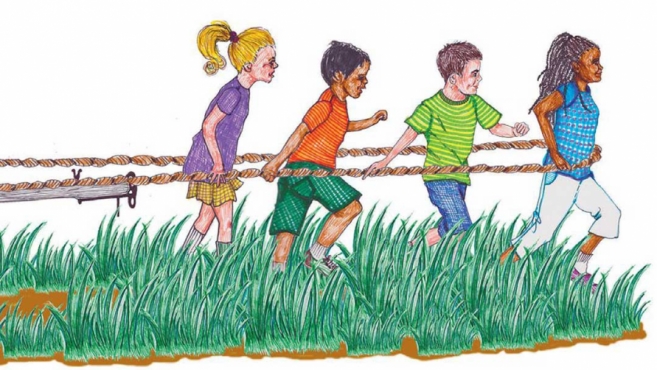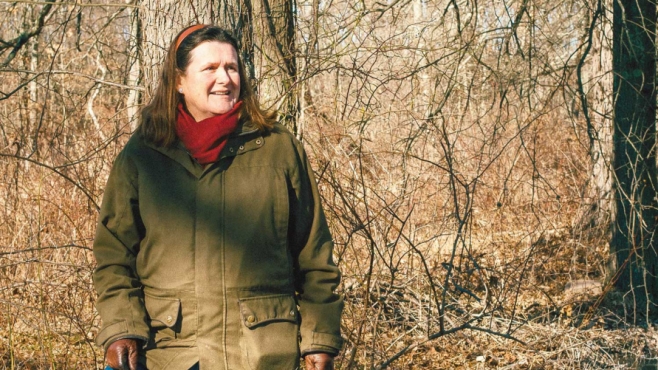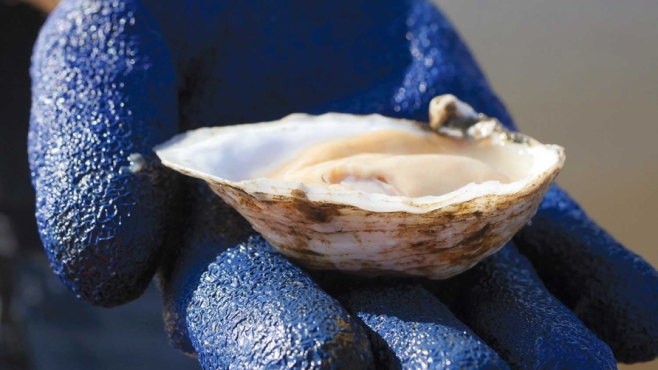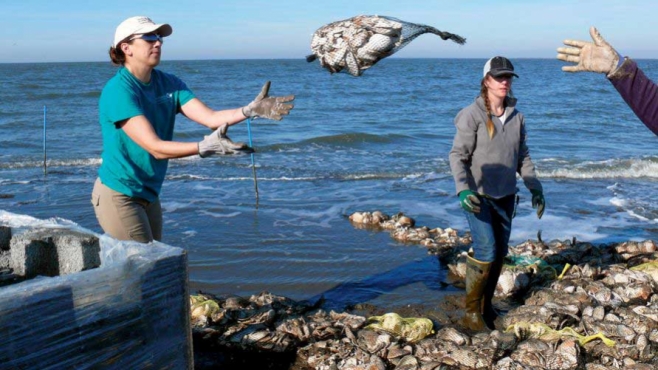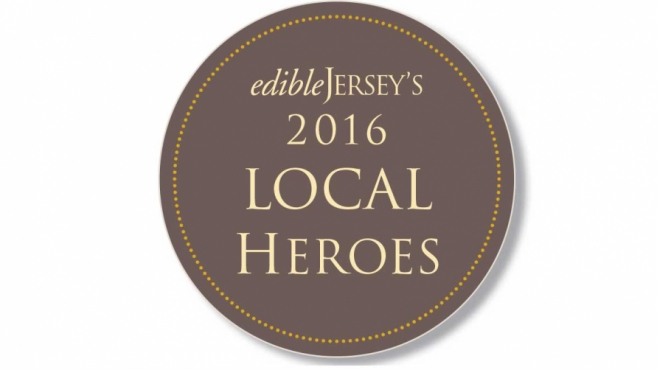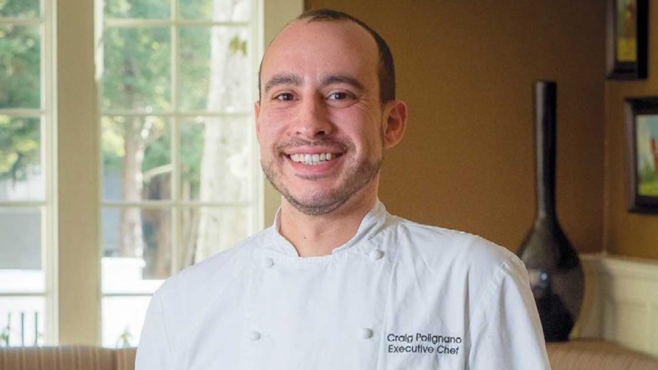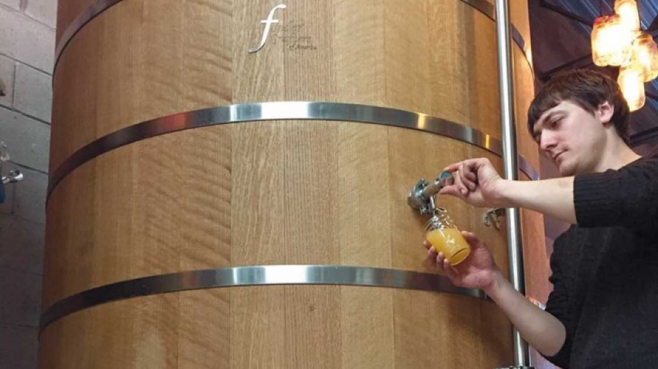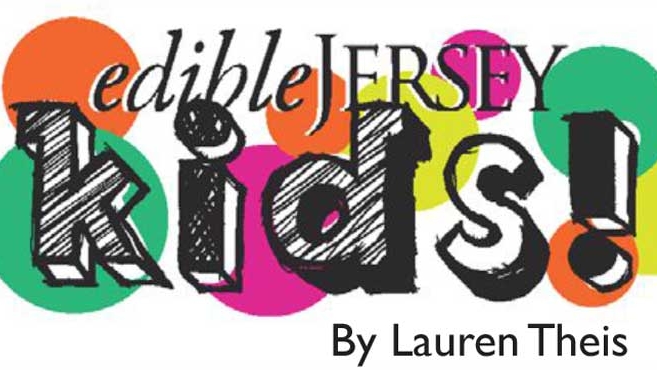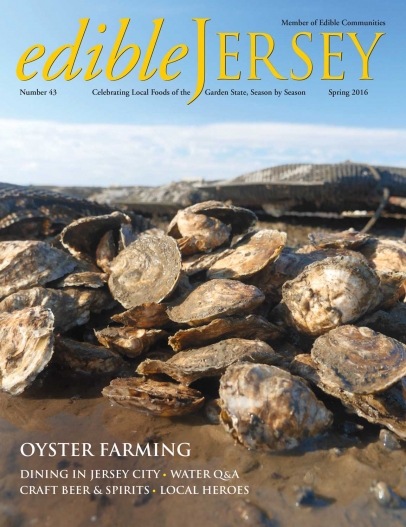
LETTER FROM THE EDITOR
AT THE TABLE: LONG & SHORT
The cover story of this issue of Edible Jersey is defined by, in my opinion, one of the fundamental questions of the 21st century: How will humans strike the right balance—or not—between short-term prosperity and long-term sustainability?
The thrust of the story is this: On the Delaware Bay, the New Jersey oyster farming industry is poised to expand rapidly. Locally grown oysters are now in big demand. There are jobs that will be created and money that will be made. The benefits to the aquaculturists and the surrounding community are tangible and immediate. Also, the oysters are absolutely delicious.
Casting a cloud over the oyster party, however, is a warning from conservationists. They say the location and style of aquaculture practiced by the oyster farmers will have a negative impact on the survival chances of a threatened bird called the red knot. This bird species (technically a subspecies) faces extinction due to the actions of humans, both in New Jersey and around the world.
So why does the survival of the red knot matter? For starters, it’s one of the more remarkable creatures to wander the Earth. (To learn more, borrow a book called Moonbird from your local library.) If you appreciate the value of less-tangible things like good music or good poetry or a bite of good food instead of Twinkies every day, then it’s simple: New Jersey is richer and more interesting because red knots exist.
There’s unresolved tension in this story, and that’s okay. There are some who will believe the business interests of the oyster farmers should be given priority over the habitat needs of the red knot. Others will decide red knots should be given priority over oyster farmers. There’s also hope that a compromise can be reached that satisfies both sides.
As someone who cares deeply about New Jersey agriculture and New Jersey’s biodiversity, a workable compromise is my hope as well. Then again, sometimes a society needs to decide what it values most of all, and make a choice.
Jared Flesher, Editor


